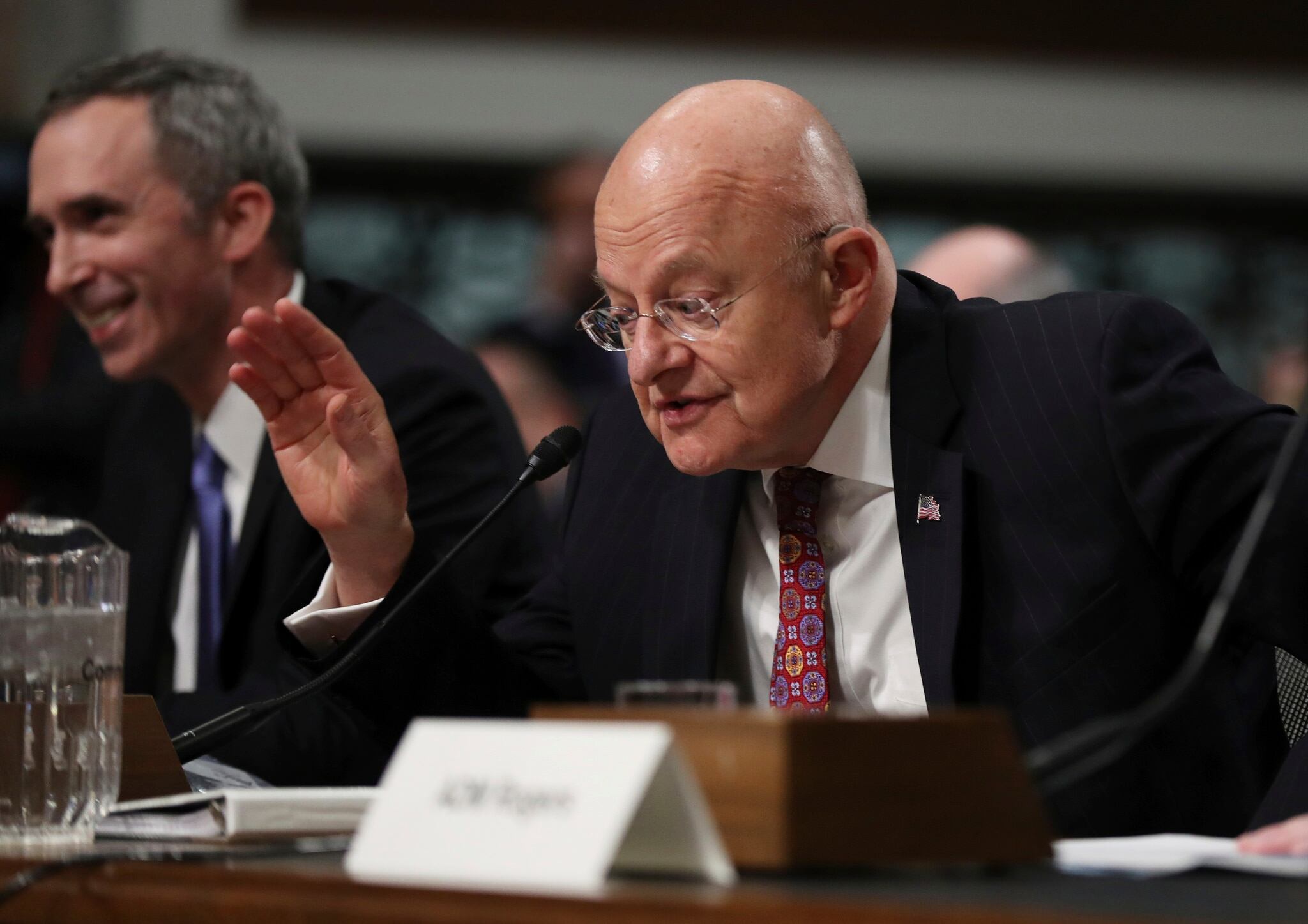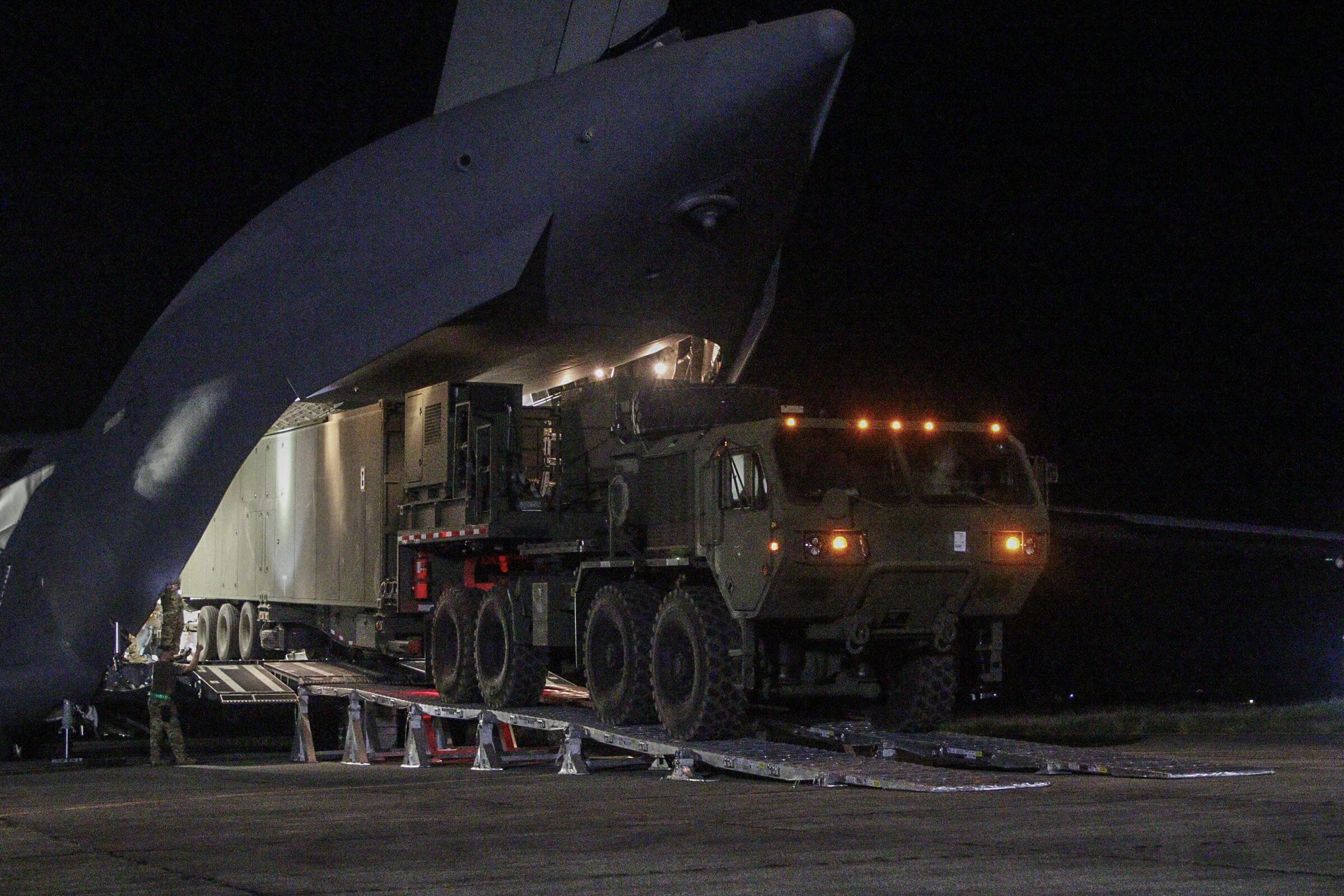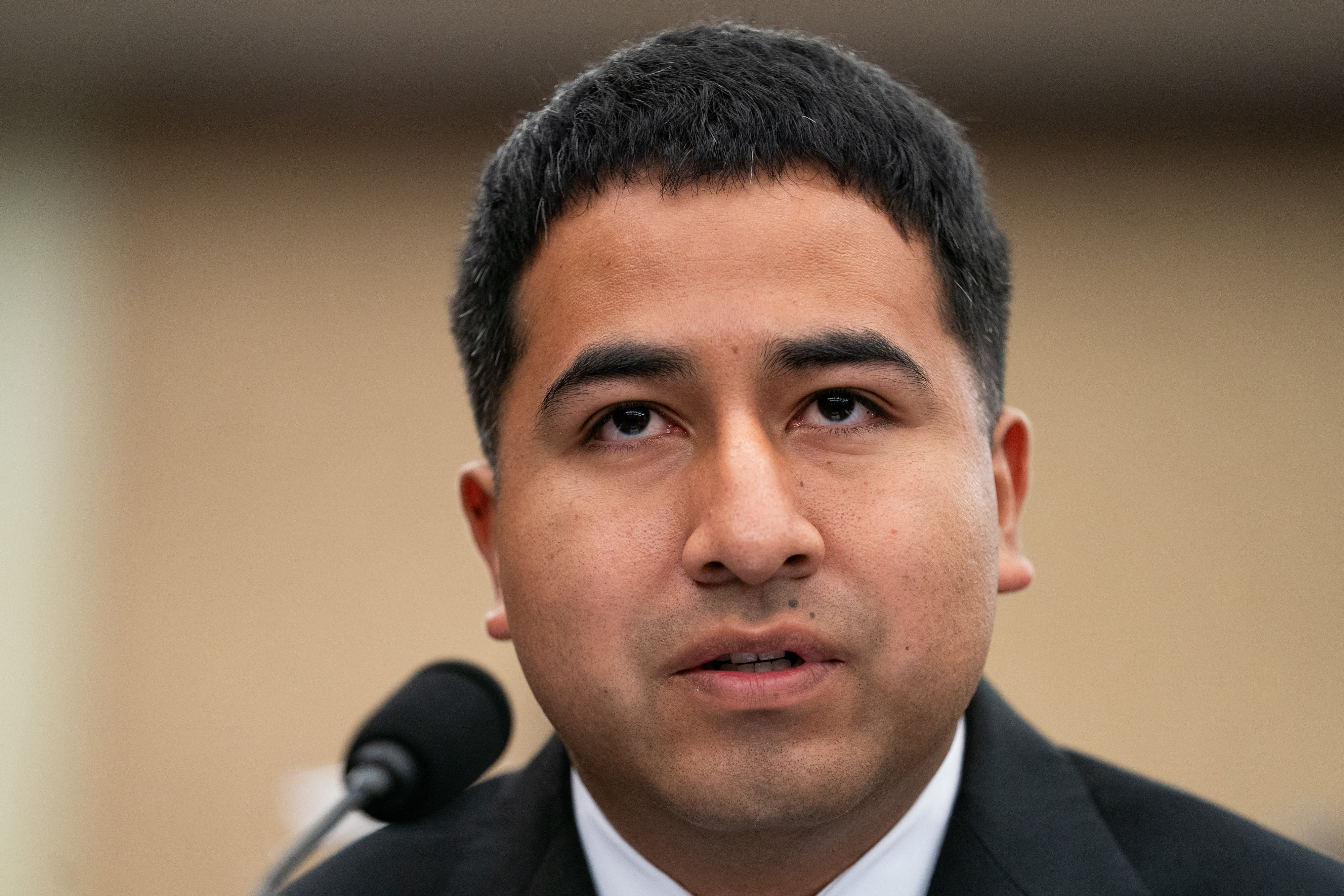WASHINGTON — America's top intelligence official said Thursday that Russia undoubtedly interfered in America's 2016 presidential election but stopped short of using the explosive description "an act of war," telling lawmakers such a call isn't within the purview of the U.S. intelligence community.
In a joint report that roiled the presidential campaign last fall, the Homeland Security Department and the intelligence community said the U.S. was confident of foreign meddling, including Russian government hacking of Democratic emails.
In its assessment, the intelligence community has said Moscow interfered to help Republican Donald Trump win.
"We stand actually more resolutely on the strength of that statement than we did on the 7th of October," James Clapper, the director of national intelligence, told the GOP-led Senate Armed Services Committee.
Pressed by Sen. John McCain, R-Ariz., on whether the actions constituted an "act of war," Clapper said that was "a very heavy policy call" more appropriate for other entities in the U.S. government to decide.
Clapper pushed back against a barrage of criticism leveled against U.S. intelligence agencies by Trump in recent days and the president-elect's apparent embrace of WikiLeaks founder Julian Assange.
During an exchange with Sen. Claire McCaskill, D-Mo., Clapper said "there is an important distinction here between healthy skepticism" and "disparagement." He said the intelligence community is an organization of human beings and isn't perfect. But he said U.S. spy agencies also don't get the credit they deserve for foiling terrorist plots and other successes too secret to discuss.
Clapper said Assange is "holed up" in the Embassy of Ecuador in London, unable to leave without being arrested for breaching his bail conditions. Swedish authorities have investigated Assange for a possible rape, which he has denied.
Assange has "put people at risk" by leaking classified information, Clapper added.
President Barack Obama has received a report on the Russian interference and other foreign meddling in the U.S. election, according to Clapper. He and other senior U.S. intelligence officials said Russia poses a major threat to U.S. government, military, diplomatic and commercial operations.
Clapper said lawmakers will be briefed on the Russian hacking report next week and an unclassified version is tentatively scheduled to be released to the public shortly after that.
CIA Director John Brennan said in a Dec. 16 message to employees that the FBI agreed with the agency's conclusion that Russia's goal was to support Trump in the election. Brennan wrote that he also had spoken with Clapper and said "there is strong consensus among us on the scope, nature, and intent of Russian interference in our presidential election."
Clapper on Thursday declined to discuss whether Russia's interference was aimed at backing Trump win. But he said Russia's hacking "did not change any vote tallies."

Director of National Intelligence James Clapper, right, with Defense Undersecretary of Defense for Intelligence Marcel Lettre II, testifies on Jan. 5, 2017, at a Senate Armed Services Committee hearing in Washington.
Photo Credit: Manuel Balce Ceneta/AP
McCain, the chairman of the Armed Services committee, said "every American should be alarmed" by Russia's meddling in the 2016 presidential election. There is "no escaping the fact that this committee meets today for the first time in this new Congress in the aftermath of an unprecedented attack on our democracy," McCain said.
The hearing comes a day before Trump receives a briefing by the CIA and FBI directors — along with Clapper — on the investigation into Russia's alleged hacking efforts.
Trump has criticized their findings and even seemed to back Assange's contention that Russia did not provide him with hacked Democratic emails.
But in new tweets early Thursday, Trump backed away from Assange. Trump blamed the "dishonest media" for portraying him as agreeing with Wikileaks founder, whose organization has been under criminal investigation for its role in classified information leaks. "The media lies to make it look like I am against 'Intelligence' when in fact I am a big fan!" Trump wrote.
In fact, Trump has been dismissive about the certainty of the intelligence community's assessment of Russian hacking with a reminder of past failures, specifically their reporting on the presence of weapons of mass destruction in Iraq in the lead-up to the war.
Since then, Trump has derided the intelligence profession on Twitter, which has been widely reported by The Associated Press and other news organizations.
Appearing before the Armed Services Committee were Clapper; Marcel Lettre, the undersecretary of defense for intelligence; and Adm. Michael Rogers, National Security Agency chief and the top officer at the U.S. Cyber Command.
Obama struck back at Moscow in late December with penalties aimed at Russia's leading spy agencies, the GRU and FSB, that the U.S. said were involved. The GRU is Russia's military intelligence agency. The FSB is the main successor to the Soviet-era KGB.
But Trump easily could rescind the sanctions. So far, he has publicly refused to accept the conclusion that Russia is responsible for the attacks. Trump this week escalated his criticism of U.S. intelligence professionals, such as Clapper, by tweeting, without evidence, that an upcoming briefing on the suspected Russian hacking had been delayed until Friday, and said, "perhaps more time needed to build a case. Very strange!"
Intelligence officials said there had been no delay.
The penalties imposed by Obama came after he pledged a "proportional" response to the hacking of the Democratic Party and presidential nominee Hillary Clinton's campaign chairman. Emails stolen during the campaign were released in the final weeks by WikiLeaks.





